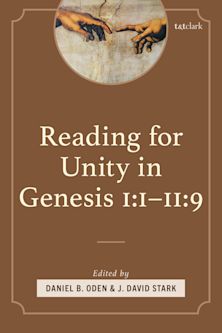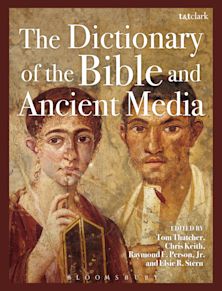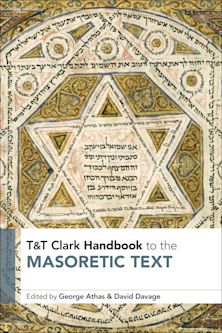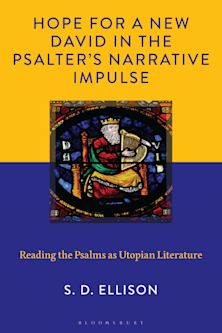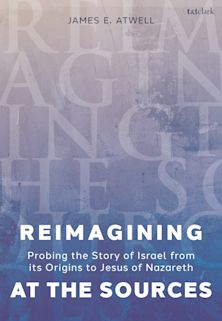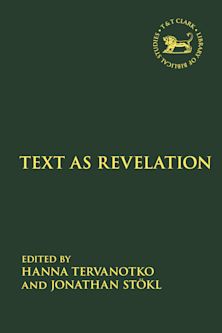- Home
- ACADEMIC
- Biblical Studies
- Old Testament / Hebrew Bible
- Rashi - Linguist despite Himself
Rashi - Linguist despite Himself
A Study of the Linguistic Dimension of Rabbi Solomon Yishaqi's Commentary on Deuteronomy
Rashi - Linguist despite Himself
A Study of the Linguistic Dimension of Rabbi Solomon Yishaqi's Commentary on Deuteronomy
This product is usually dispatched within 2-4 weeks
- Delivery and returns info
-
Flat rate of $10.00 for shipping anywhere in Australia
You must sign in to add this item to your wishlist. Please sign in or create an account
Description
Table of Contents
CONTENTS
Abbreviations
Part I Contexts
Chapter One A Well-Trodden Path?
Chapter Two The Colour of Rashi's Shoelaces
Chapter Three Rashi's Precursors
Part II Texts
Chapter Four Rashi Comments on a Verse
Chapter Five Rashi Comments on a Chapter
Chapter Six Rashi Comments on a Book
Chapter Seven Conclusions
Appendix
Bibliography
Indexes
Product details
| Published | 17 May 2012 |
|---|---|
| Format | Paperback |
| Edition | 1st |
| Extent | 224 |
| ISBN | 9780567095589 |
| Imprint | T&T Clark |
| Dimensions | 234 x 156 mm |
| Series | The Library of Hebrew Bible/Old Testament Studies |
| Publisher | Bloomsbury Publishing |
About the contributors
Reviews
-
As an introduction to appreciating Rashi's oeuvre and as a fresh look at the question of its linguistic contribution, this book is an excellent study. Kearney is to be commended for making this material available to the English-speaking public.
Journal of Religion
-
Kearney's book is of great importance in focusing on vocabulary as a linguistic field in which we have to re-evaluate Rashi's contribution, and in its trying to evaluate his influence on linguistics consciousness throughout the ages.
Hebrew Studies, Volume LII














